| |
| |
| |
| Presented By UnitedHealth Group |
| |
| Axios Vitals |
| By Tina Reed ·Jul 01, 2021 |
| Good morning. Today's newsletter is 753 words, or a 3-minute read. Join Axios' Sam Baker and me today at 12:30pm ET for a Vitals "Check-Up" event on the expansion of telehealth and the future of providing care. - Guests include Centers for Medicare & Medicaid Services administrator Chiquita Brooks-LaSure and Rep. Ami Bera (D-Calif.). Register here.
|
| |
| |
| 1 big thing: Delta variant raises new questions about boosters... |
 |
|
| Illustration: Annelise Capossela/Axios |
| |
| With the more transmissible Delta variant of COVID-19 spreading across the U.S., vaccinated Americans are worrying about how long they'll have protection against the virus, Axios' Caitlin Owens writes. What we're watching: Some populations are more likely to need a booster than others. But, but, but: Giving Americans a third shot isn't cost-free, financially or politically. - It's far from clear whether it will be necessary for anyone to receive a third mRNA shot.
- "If you're going to give a third dose, that is a massive logistic exercise — administratively, logistically, and in terms of the cost. So it's not a trivial decision," Cornell virologist John Moore told Caitlin.
And it'd be hard to justify giving Americans a third shot while much of the rest of the world waits for their first. Go deeper: Check out Axios' Coronavirus Variant Tracker. |
    |
| |
| |
| 2. ...and confusion over masking guidance |
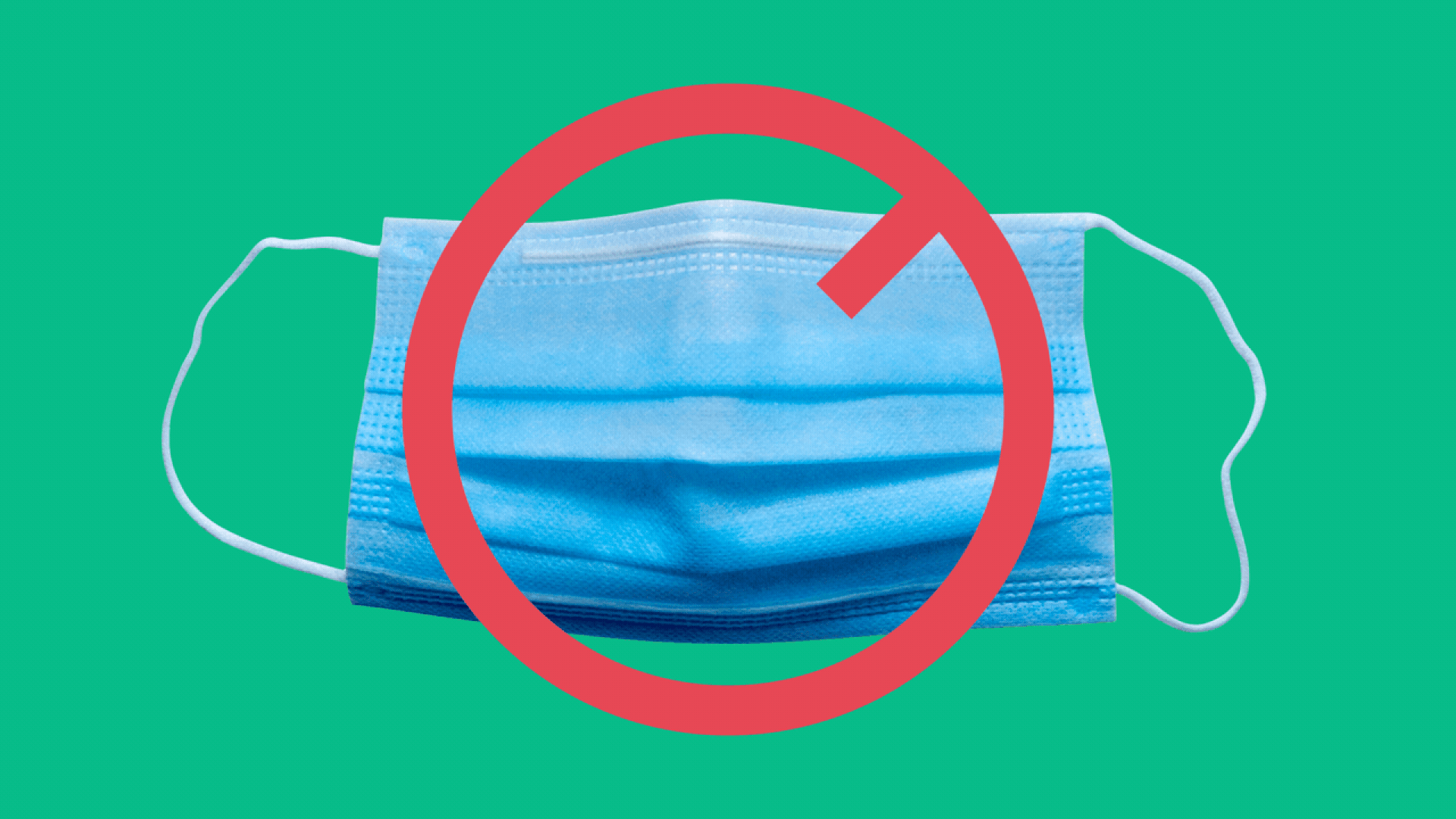 |
|
| Illustration: Brendan Lynch/Axios |
| |
| Nervousness about the Delta variant is also ramping up discussions over mask mandates in some places — and creating the potential for confusion, Axios' Marisa Fernandez writes. Where it stands: Days after the World Health Organization recommended vaccinated people continue to wear their masks, the CDC reiterated its own guidance, which lets some people stay unmasked and leaves exceptions up to local authorities. Be smart: Vaccinated individuals have been deemed safe from variants so far including the Delta variant. What to watch: Voluntary and mandatory guidance for masks and capacity limits from businesses and local jurisdictions may return as children too young to get vaccinated go back to school. |
    |
| |
| |
| 3. 🎙 Why the U.S. will miss its July 4 goal |
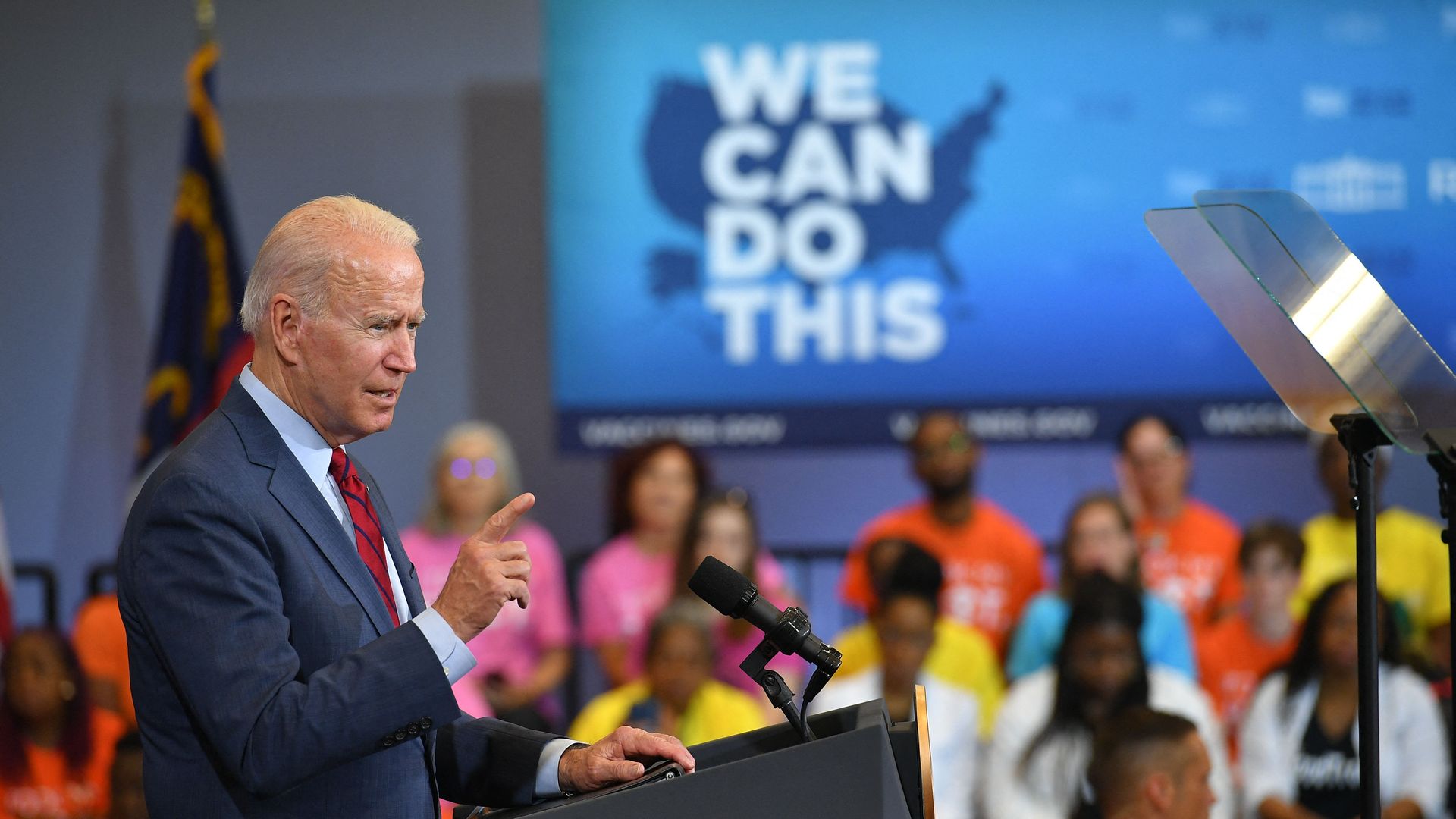 |
|
| President Biden speaks after visiting a mobile vaccination unit in Raleigh, N.C., on June 24. Photo: Mandel Ngan/AFP via Getty Images |
| |
| For weeks, President Biden has been stumping for his goal of getting 70% of American adults at least partially vaccinated against COVID-19 by July 4 with the "We can do this" campaign. - As we close in on the holiday weekend, it appears we can't.
The big picture: To understand why the U.S. didn't reach its goal, it's crucial to understand who hasn't gotten vaccinated, where they are, and why, reports Axios' Dan Primack in the latest Axios Re:Cap podcast. - Primack dug into those questions with Otis Rolley III of the Rockefeller Foundation, which recently released research with Dalberg that breaks down which groups and places in the U.S. have fallen farthest behind on vaccinations.
The researchers found the percentage of white Americans who've received at least one vaccine dose is about 1.4 times higher than the rate for Black Americans and around 1.2 times higher than the rate for Hispanic Americans. - They also found the disparity was much more about the availability of information about the vaccine and unequal distribution. "Initially, while there was a lot of rhetoric around the importance of being equitable in the distribution around the vaccine, the rhetoric did not necessarily match the delivery," Rowley said.
- There have been improvements, but in the future, there needs to be better race and ethnicity reporting standards to "truly have an equitable approach to vaccine delivery," he said.
Some good news: More than 50% of current vaccinations in the U.S. are going to people of color, researchers said. Listen here. |
    |
| |
| |
| A message from UnitedHealth Group |
| Helping to create a modern, high-performing health system |
| |
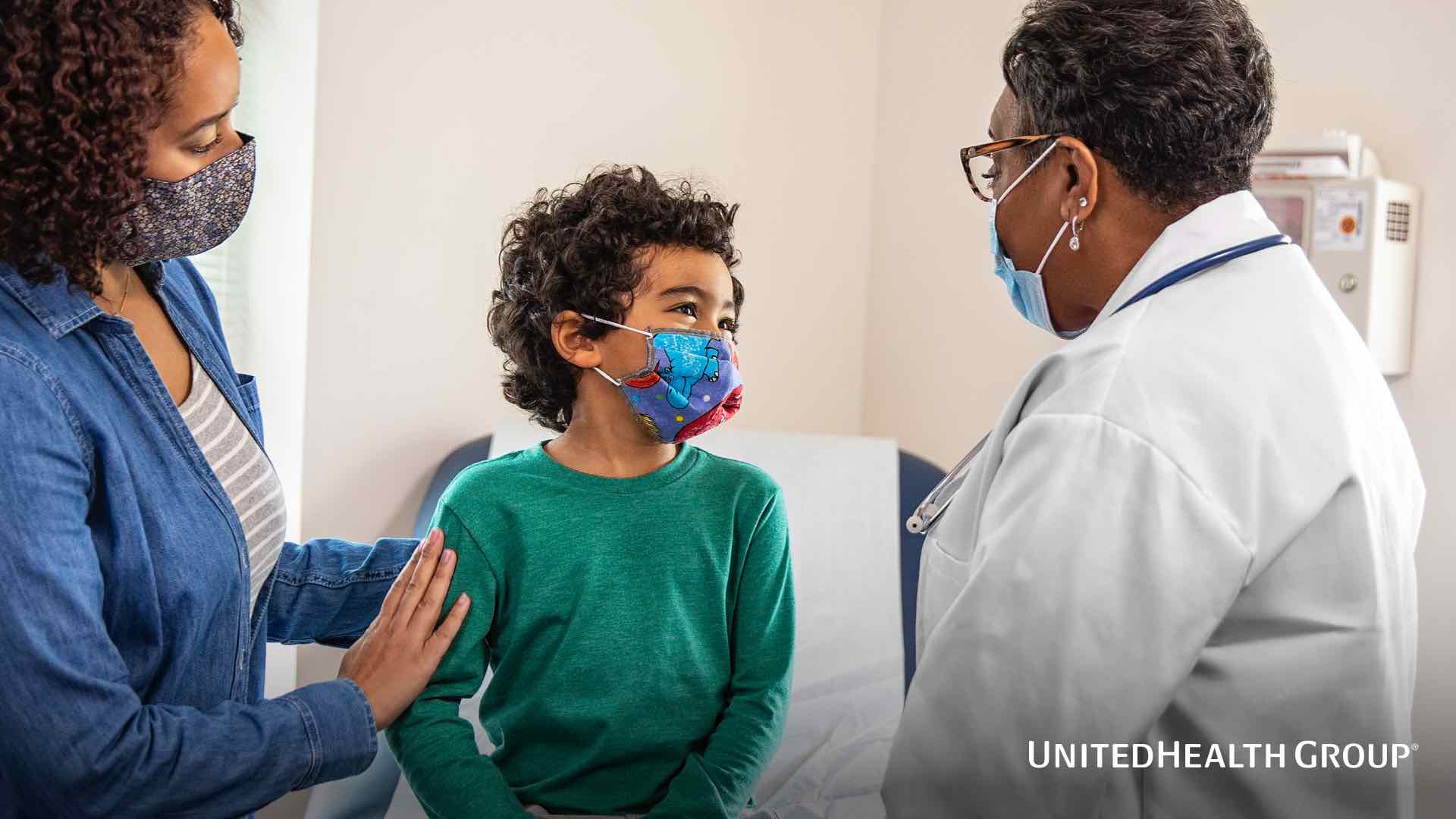 |
| |
| UnitedHealth Group is committed to expanding access to high-quality, affordable care that achieves better outcomes and enhances the health care experience. We are partnering to advance health equity and support the communities where we work and live. Learn more in our Sustainability Report. |
| |
| |
| 4. CureVac final data released |
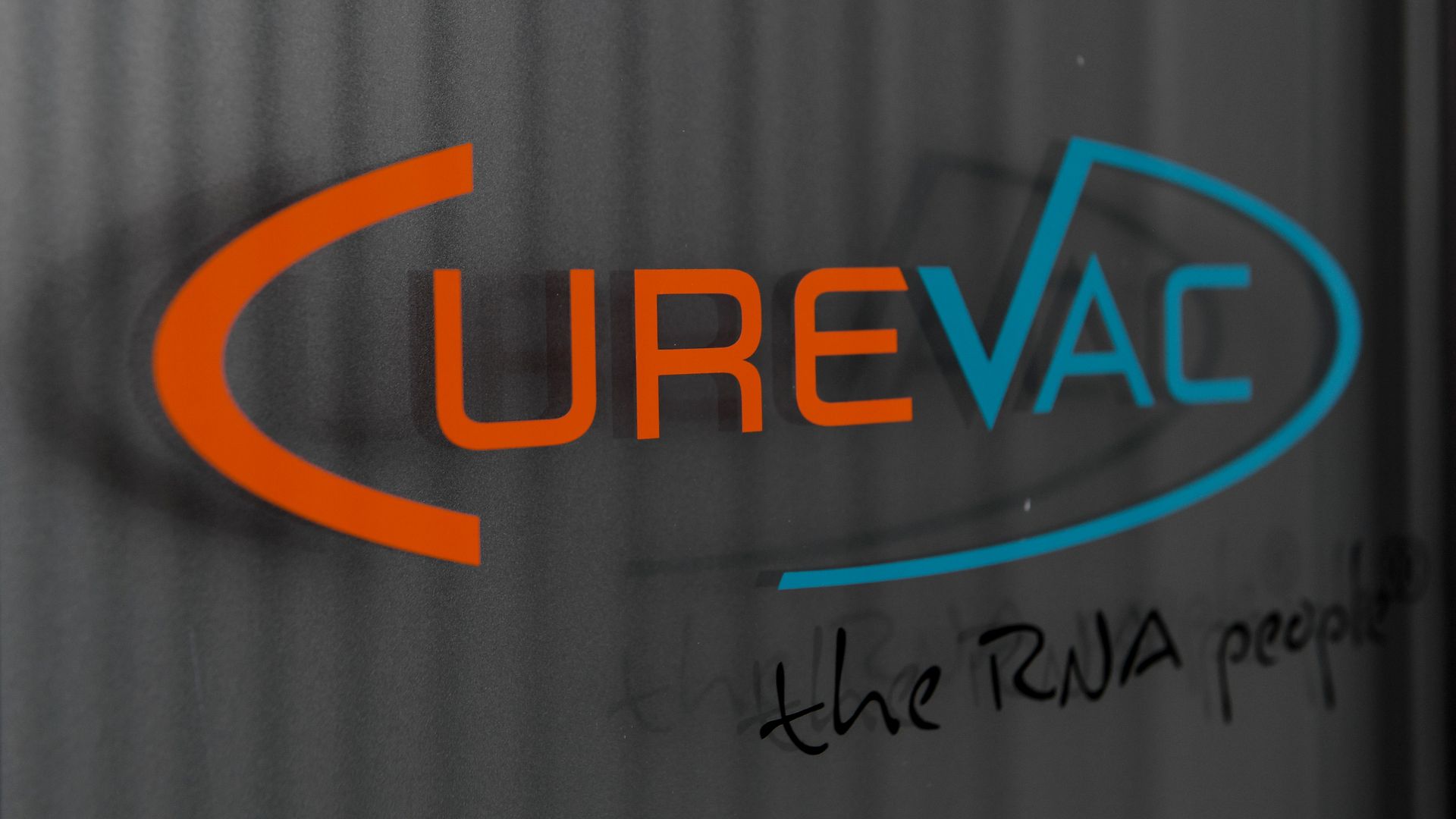 |
|
| Photo: Matthias Hangst/Getty Images |
| |
| German bio pharma company CureVac announced final data Wednesday its COVID-19 vaccine candidate, saying it had an efficacy of 48% against the virus. Why it matters: It was a disappointing result for the vaccine, which used mRNA technology similar to the vaccines created by Pfizer-BioNTech and Moderna, in the global race to create new weapons against the pandemic. |
    |
| |
| |
| 5. Pharma payments plummet during pandemic |
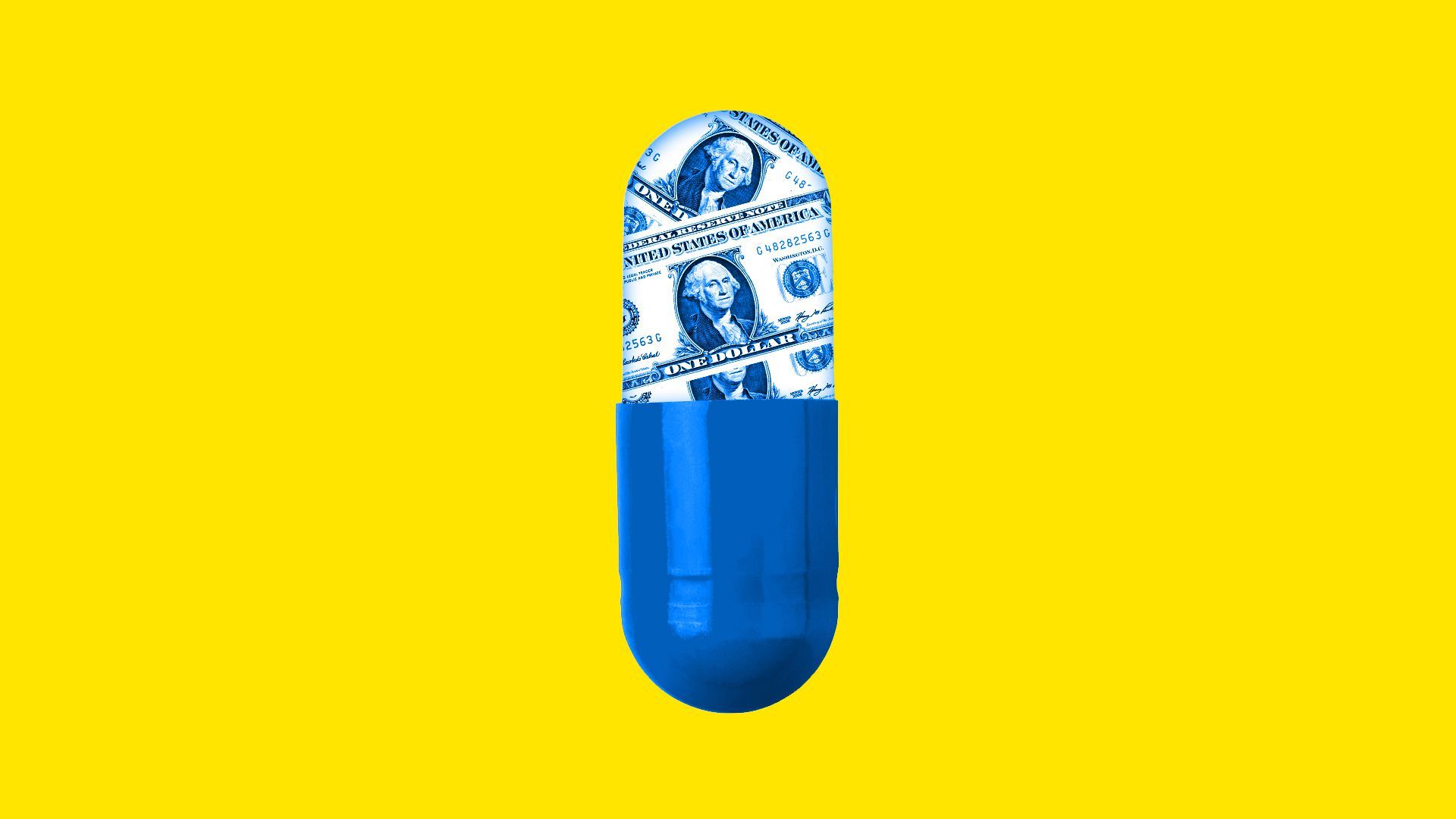 |
|
| Illustration: Rebecca Zisser/Axios |
| |
| Pharmaceutical and medical device companies paid $9.1 billion in consulting fees, hotel stays, meals and royalties to physicians and teaching hospitals in 2020, a 16% drop from 2019, Axios' Bob Herman writes from new data released by the federal government. The big picture: The industry reeled back payments as the pandemic halted travel, speakers' programs and other junkets. But experts say, and data show, that the billions of dollars still may create inappropriate relationships and sway doctors to prescribe those companies' medications and devices. |
    |
| |
| |
| A message from UnitedHealth Group |
| UnitedHealth Group's commitment to sustainability |
| |
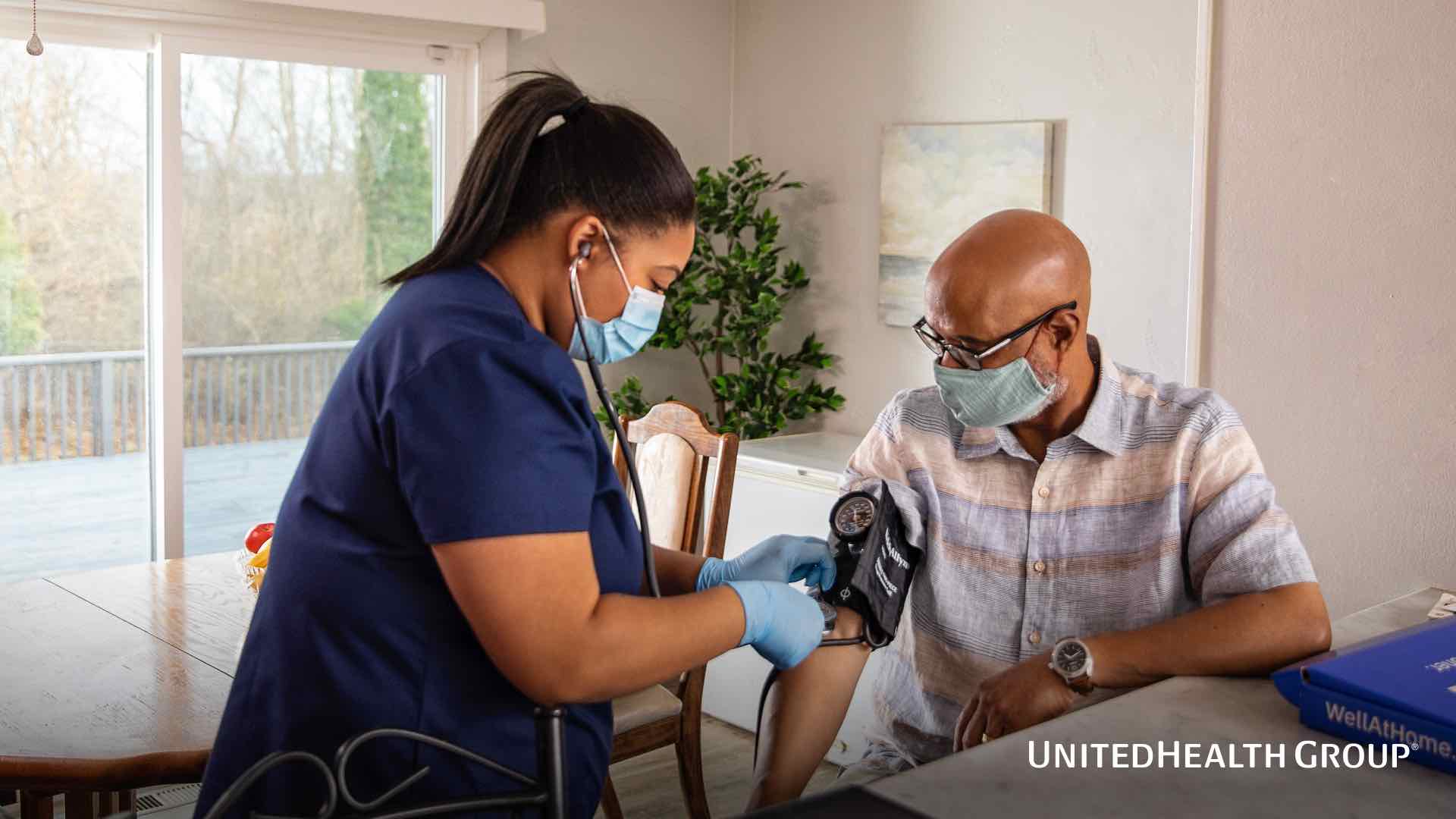 |
| |
At UnitedHealth Group, sustainability is an extension of our business strategy, culture and mission to: - Help create a modern, high-performing health system.
- Foster an inclusive and diverse culture.
- Maintain strong corporate governance.
- Minimize our environmental impact.
Learn more. |
| |
 | | It'll help you deliver employee communications more effectively. | | |
Post a Comment
0Comments